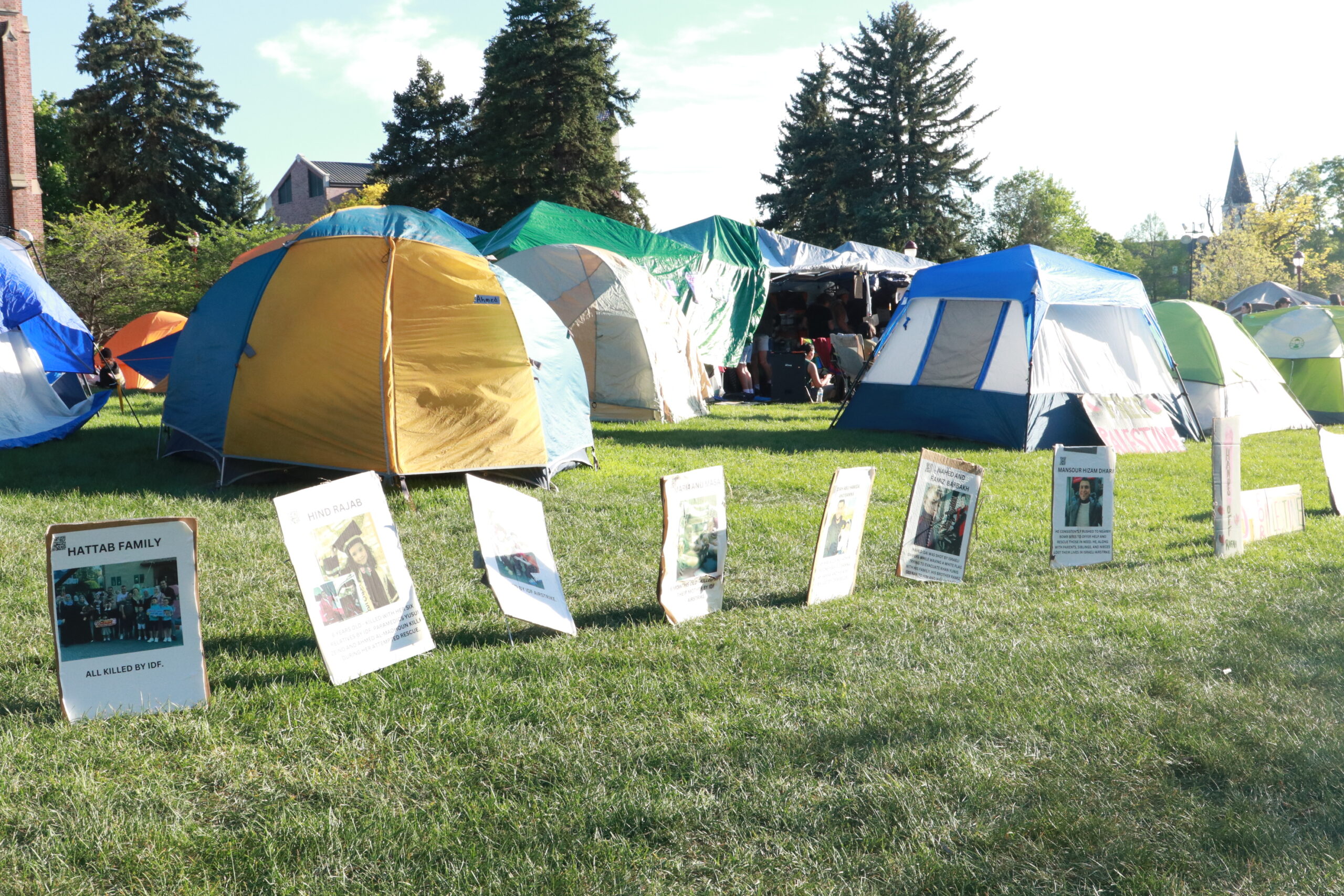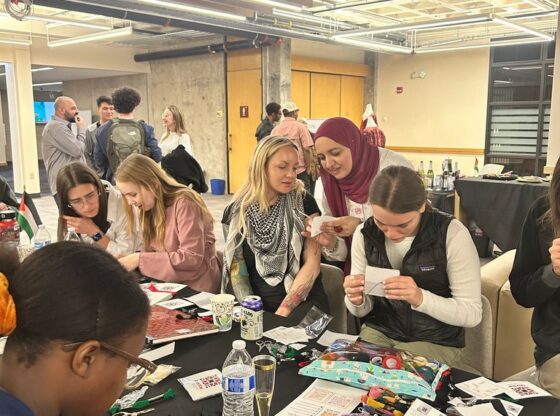 Photo by: HSING TSENG
Photo by: HSING TSENG
The summer before starting college, all that most freshmen can think about is how their first year of school will go. They wonder what to pack, which classes to take and whether they’ll make friends easily. But if you ask Hsing Tseng what she did last summer, you’ll hear a unique and incredible story about how she studied martial arts in the Hubei Province of China.
Tseng, a first-year student studying international and asian studies trained for four months at Sanfeng Academy at the base of Wudang Mountain, which is a preserved UESCO World Heritage site. The academy is primarily home to poor, Chinese students who are able to continue their education in kung fu through sponsorships by American families.
While some students stay for just a few months like Tseng, most spend at least two years training at the academy before going on to become coaches, action movie stars, or returning to the school to study as a Master’s disciple.
During her stay at the academy, Tseng was given the opportunity to study kung fu, tai chi, and Taoism for six days a week with her class, which consisted of 30-40 other students between the ages of 15 and 20. “We bonded so much, I’m like best friends with almost all of them now,” she said.
A typical day started at 4:45 a.m. with a six kilometer run up the main road, and then an hour of intense conditioning before breakfast. Three hours of training followed, which included stretching, kicks, and most importantly, forms.
After lunch, students were allowed a two or three hour nap before resuming training for two hours before dinner and another two hours before bed. Meals usually consisted of rice pudding or cornmeal, fried vegetables, soup and lots of rice.
“It was a very military lifestyle,” Tseng reflected, “and we were always exhausted. Training was so intense that we had to buy a new pair of shoes every week to replace the ones we’d worn out, and one coach even used a bamboo branch to discipline students.”
As the summer progressed and it became too hot to train outside in the afternoons, students would take lessons in English or read passages from the Tao Te Ching, the essential book of Taoist philosophy.
Tseng said that kung fu and tai chi also taught her about self-defense, fitness, balance, breathing and even self-confidence.
“I felt like I was discovering this other part of me I never knew existed,” said Tseng. “I’ve never thought of myself as athletic, I’ve always been more of a bookworm.” “But this was really the best experience of my life.”











